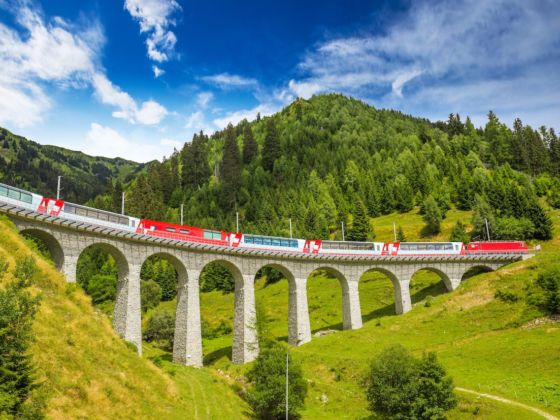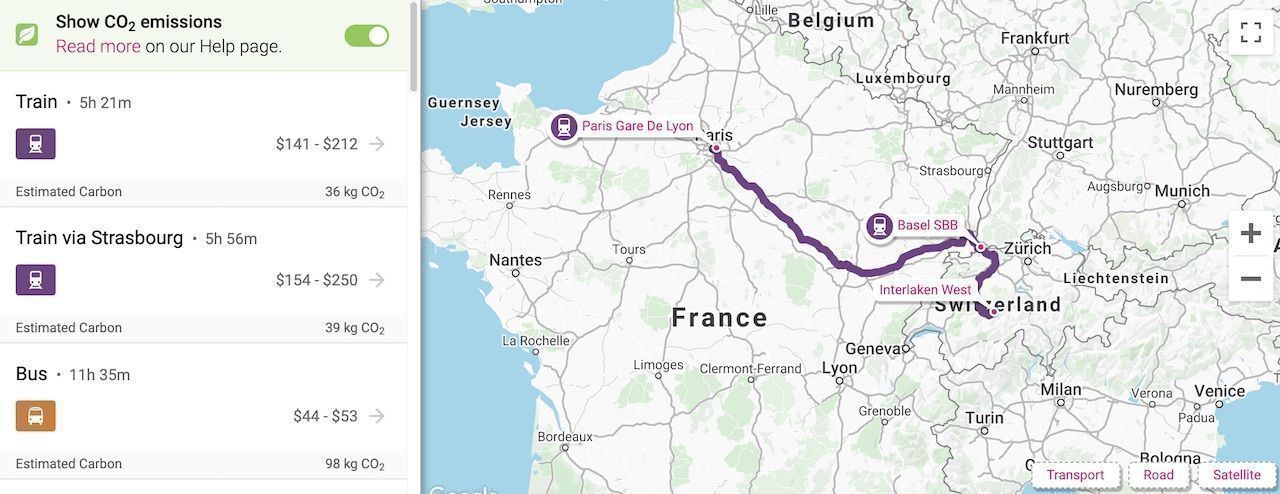This is The Climate Win, the most positive sustainability news around the world every week.
For week three of The Climate Win, we’re debuting a new feature in the column: the Weekly Climate Resource. This will be something actionable that you can use as part of your travels. Some resources will help you calculate footprint — such as this week’s — while others will help you reduce it, offset it, or even eliminate it. Occasionally we’ll throw in a cool travel product or trip option born of environmental friendliness. Of course, we’ll continue to report the biggest climate wins of the week, because it’s not all doom and gloom out there.

